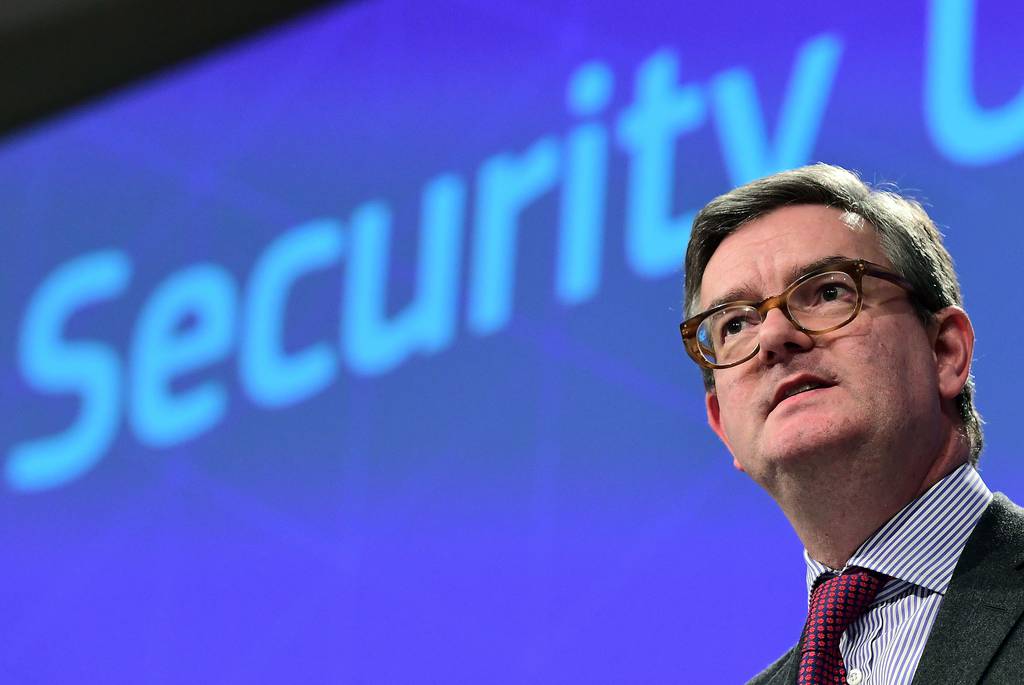Recently, an interview with Julian King, the European Union security commissioner, was quoted as saying Europe faces a growing threat of cyberattacks from criminals. The commissioner went on to put a figure to the damage of nearly €60 billion in 2016. That's about $64 billion.
His stark warning did not stop there. He went on, and even more concerning is that he disclosed that there are those that are plotting cyberattacks to destabilize the 28-nation bloc politically. In 2016, the European Commission, which is responsible for proposing legislation, implementing decisions, managing treaties and overseeing day-to-day business, experienced a 20 percent increase in cyberattacks.
This came on the heels of a troubling report out of NATO. A top diplomat at NATO reported that cyberattacks targeting their networks and facilities shot up 60 percent in 2016. The disclosure placed the blame for the attacks on nation state institutions. It was also disclosed that numerous countries have expressed increasing concerns about the risk of hackers that target national election campaigns after what has been reported to have happened in the United States.
The issue of political cyberattack campaigns does not stop there. In the last week, Australian defense officials brief their political parties about the risk of cyberattacks. They were also briefed on the latest mitigation techniques that should be taken to ensure the integrity of their systems. The political parties' interests have increased lately. Public concerns are being expressed over the fear that stolen digital data from senior government members of Parliament and public servants will been used in an attempt to discredit, embarrass and compromise Australian politicians.
Is 2017 the year of political cyberattacks? Clearly all governments must take aggressive action to minimize these cyberthreats and ensure the integrity of their political processes.
Will cyberattacks on government and the governance processes of nations trigger military responses? That seems to be an increasing likelihood!








